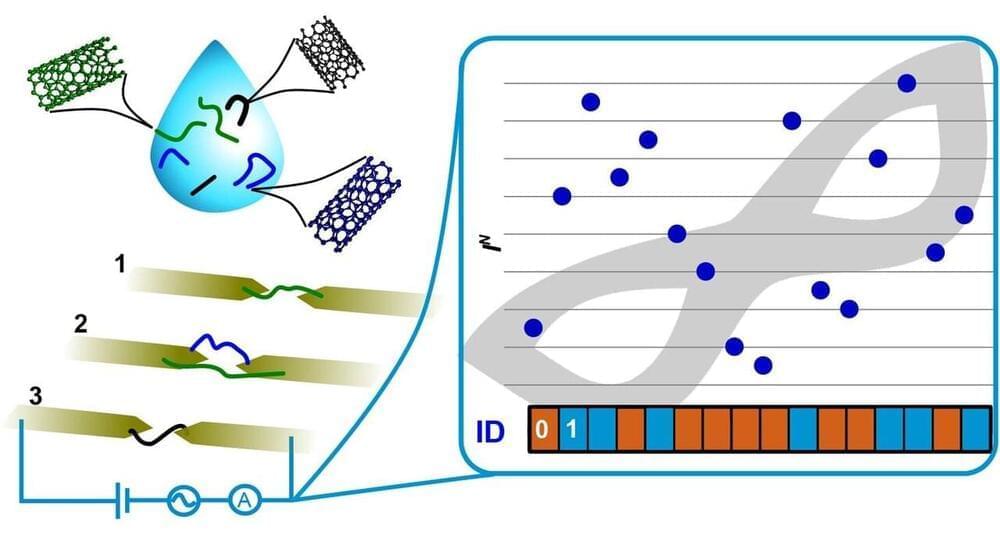Aug 9, 2022
Digital security dialogue: Leveraging human verification to educate people about online safety
Posted by Shubham Ghosh Roy in categories: education, engineering, ethics, internet, security
Online safety and ethics are serious issues and can adversely affect less experienced users. Researchers have built upon familiar human verification techniques to add an element of discrete learning into the process. This way users can learn about online safety and ethics issues while simultaneously verifying they are human. Trials show that users responded positively to the experience and felt they gained something from these microlearning sessions.
The internet is an integral part of modern living, for work, leisure, shopping, keeping touch with people, and more. It’s hard to imagine that anyone could live in an affluent country, such as Japan, and not use the internet relatively often. Yet despite its ubiquity, the internet is far from risk-free. Issues of safety and security are of great concern, especially for those with less exposure to such things. So a team of researchers from the University of Tokyo including Associate Professor Koji Yatani of the Department for Electrical Engineering and Information Systems set out to help.
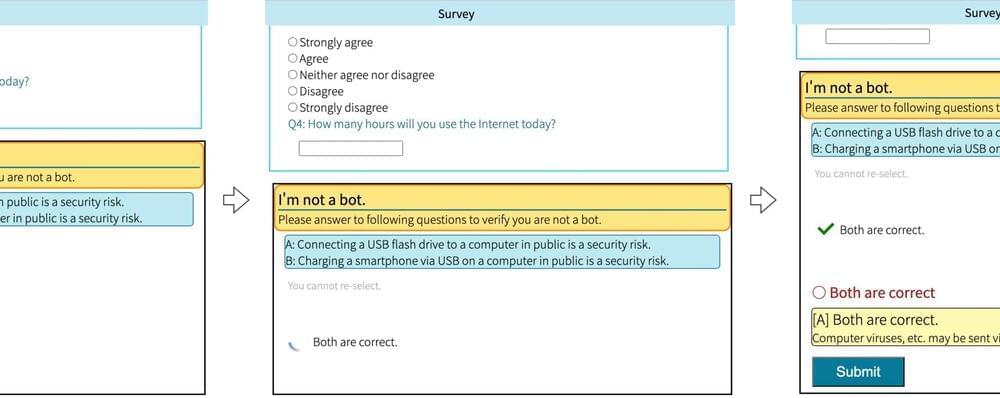


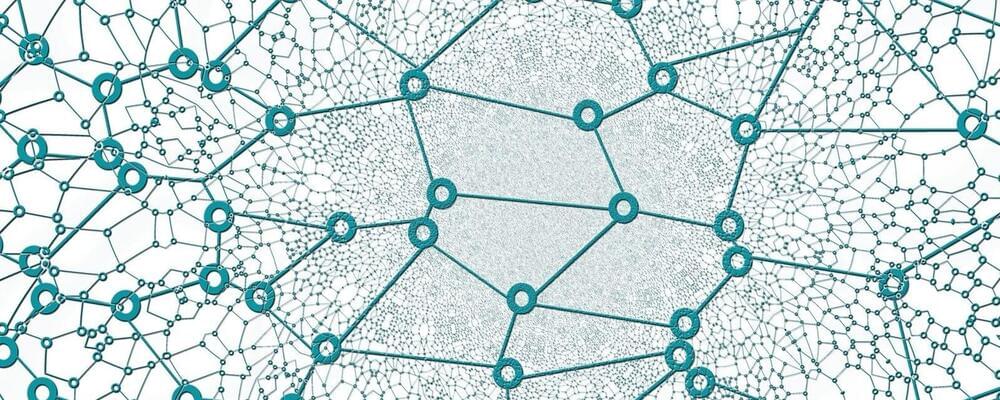
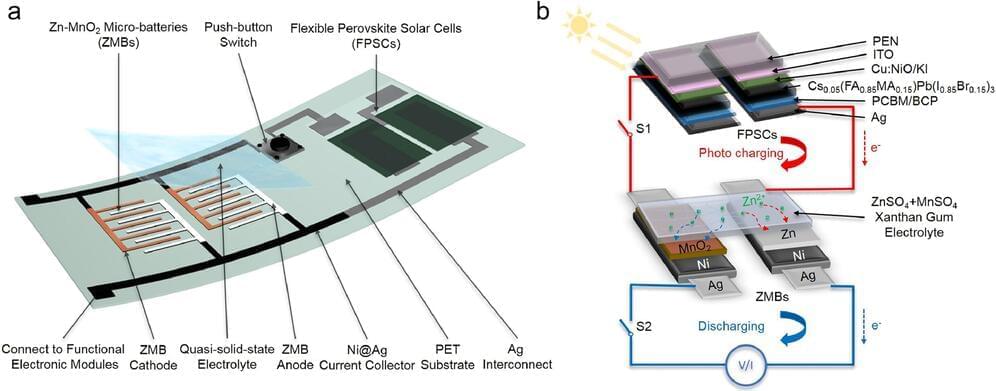
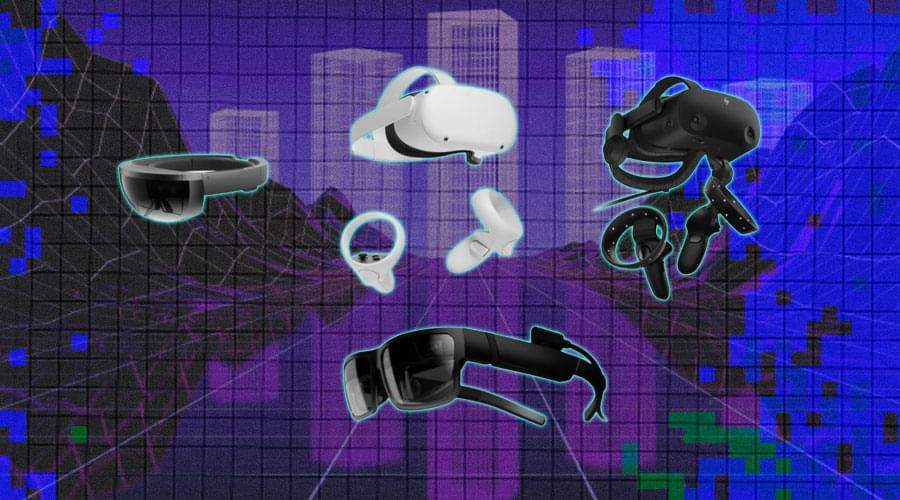


 עברית (Hebrew)
עברית (Hebrew)
